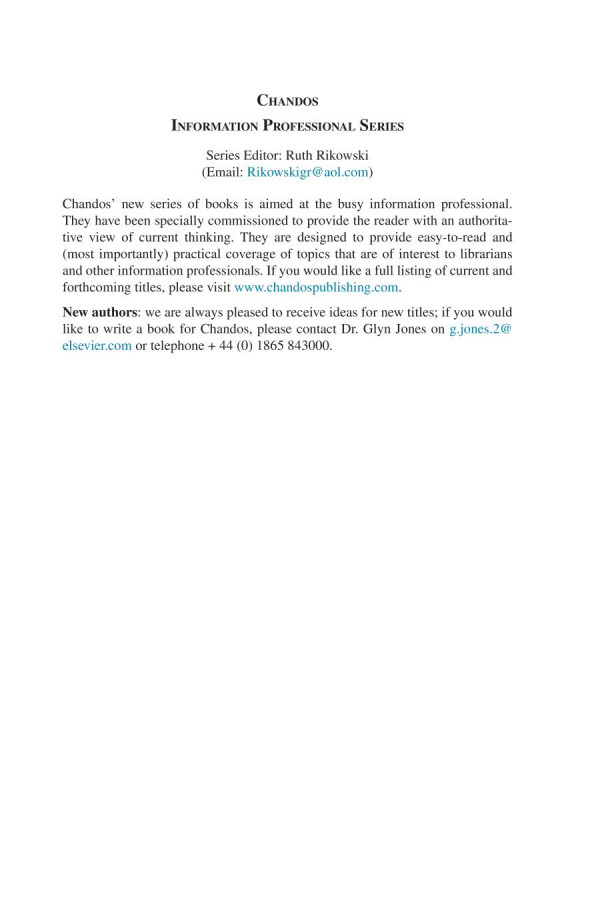

Most ebook files are in PDF format, so you can easily read them using various software such as Foxit Reader or directly on the Google Chrome browser.
Some ebook files are released by publishers in other formats such as .awz, .mobi, .epub, .fb2, etc. You may need to install specific software to read these formats on mobile/PC, such as Calibre.
Please read the tutorial at this link: https://ebookbell.com/faq
We offer FREE conversion to the popular formats you request; however, this may take some time. Therefore, right after payment, please email us, and we will try to provide the service as quickly as possible.
For some exceptional file formats or broken links (if any), please refrain from opening any disputes. Instead, email us first, and we will try to assist within a maximum of 6 hours.
EbookBell Team

4.7
76 reviewsUniversity campuses and their academic libraries are increasingly interconnected. A major sign of this is the transformation of interlibrary loan into resource sharing. The emergence of resource sharing has brought with it new challenges for the university library. These challenges can be overcome, and the university library can emerge a stronger institution, more connected with the patrons and community it serves. To accomplish this transformation, libraries need to learn from the past in order to take a leading role in developing future technology to meet the needs of their patrons. Resources Anytime, Anywhere explores the transformation of interlibrary loan into resource sharing by looking at the ideas that have motivated the library-developed technologies that have changed the way resource sharing is conducted.
Resources Anytime, Anywhere illustrates how academic libraries can take an active role in developing technology to meet the needs of their patrons. Through designing our own products and sharing them with other libraries, we can join the lessons of the past with the technology of today to create a more interconnected library that can meet the future needs of library patrons.